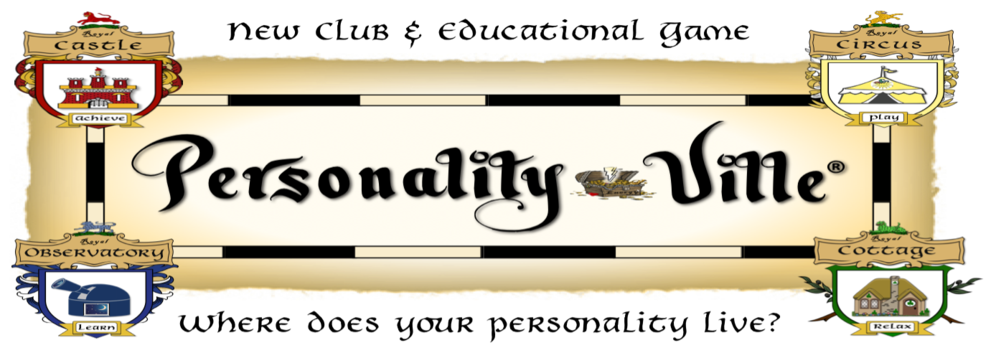Personality Trait Theory History
Hippocrates, Greek philosopher and the father of modern medicine, noticed that there were certain people that seemed to act and react in a similar manner. He hypothesized that there were four groups of people and that each group had excess levels of certain bodily fluids.
People that were very intense, driven, and sometimes had a stern expression, he called them "Choleric." For those that were very analytical, deep, but prone to depression, he called "Melancholy." People who were very lively, funny, but somewhat irresponsible, he referred them as "Sanguine," and finally the quiet, shy person who tended to be sickly, he said they were too full of phlegm and called them "Phlegmatic."
The following is an introduction to a group of articles that is recommened reading.
Here is the site and link; www.allpsych.com
Chapter 7: Trait Theory
Section 1: Introduction to Trait Theory
Section 2: Gordon Allport, The Original Trait Theorist
Section 3: Henry Murray and the TAT
Section 4: Raymond Cattell and the 16PF
Section 5: Application of Trait Theory
----------------------------------------------------------------------
"Introduction to Trait Theory
Practically all personality theorists are concerned with traits. After all, traits are what make us who we are; they are the relatively permanent aspects of each of us evidenced by the consistency in our interactions. Knowing this, what makes the trait approach to understanding personality different from the other theories?
First of all, while most theories represent attempts at better understanding the development of personality, trait theorists typically talk very little about development. Second, predicting a person's behavior in a given situation is also not a concern for trait theorists. Third, unlike many other theoretical orientations, trait theorists are interested in the comparison of people through based on not just aspects, but also degrees. And finally, and likely the biggest difference, trait theory does not inherently provide a medium of personality change.
In this chapter, we will look at some of the most influential trait theorists and explore different approaches to identifying and understanding human personality traits. Because trait theory is so concerned with identification, we will also discuss various assessment techniques that have become commonplace in the psychological community."
Purrsonality Place would be considered a "trait theory."
